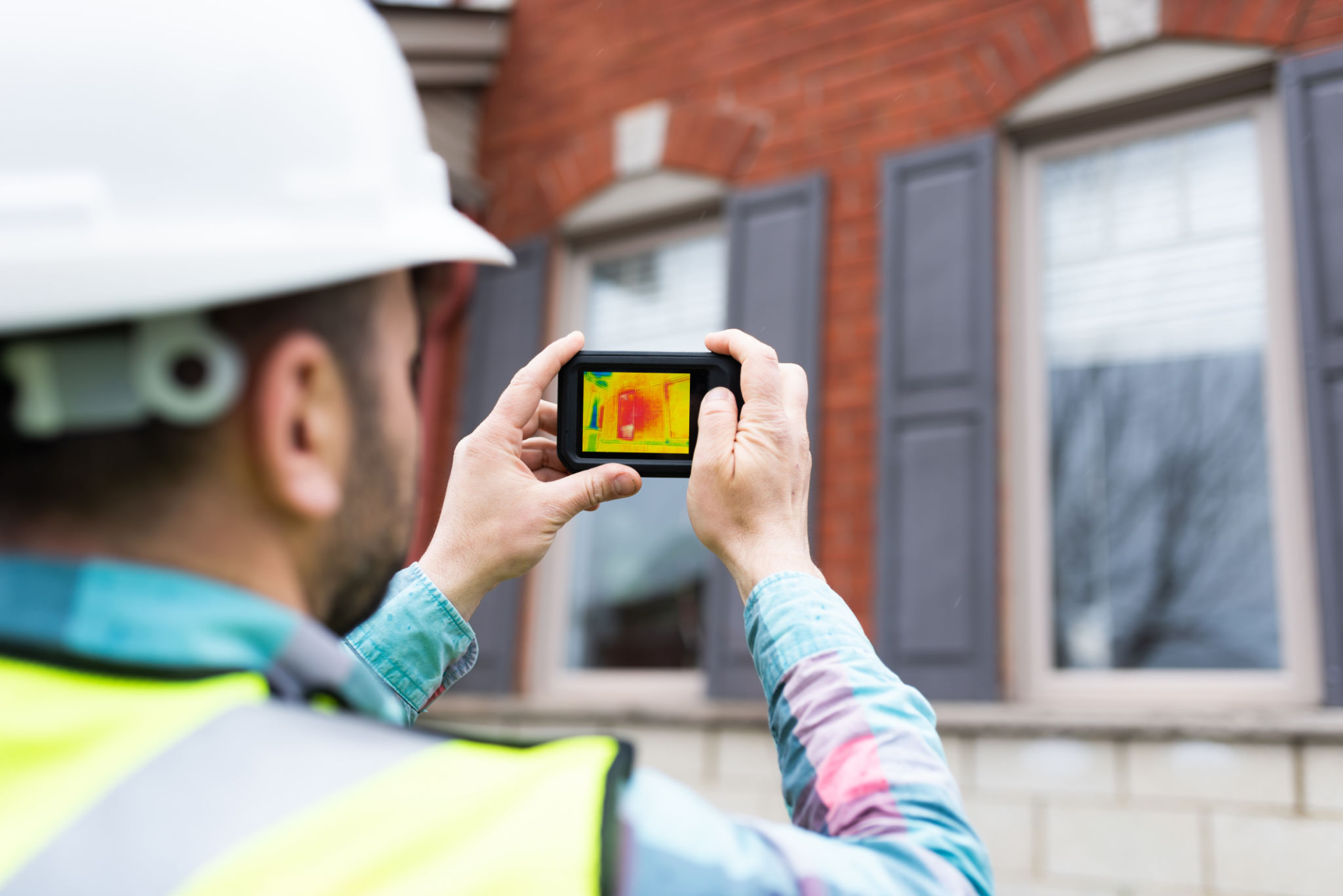How IoT is Transforming Smart City Development in Hangzhou
The Rise of Smart Cities
The concept of smart cities is becoming a reality, with technology playing a pivotal role in reshaping urban landscapes. Among the many technologies driving this change, the Internet of Things (IoT) stands out as a game-changer. In Hangzhou, China, IoT is at the forefront of transforming the city into a modern, interconnected urban space.
IoT: The Backbone of Smart Infrastructure
IoT technology forms the backbone of smart city infrastructure by enabling seamless communication between devices. In Hangzhou, sensors and connected devices are integrated into various systems such as public transportation, energy management, and waste management. This integration not only enhances efficiency but also improves the quality of life for residents.

Enhancing Public Transportation
One of the most significant impacts of IoT in Hangzhou is seen in its public transportation system. IoT-enabled sensors provide real-time data on traffic conditions, helping to optimize routes and reduce congestion. The city’s buses and trains are equipped with smart devices that update passengers on schedules and delays, making commuting more predictable and less stressful.
Energy Management and Sustainability
IoT plays a crucial role in promoting sustainability in Hangzhou. Smart grids and meters allow for efficient energy distribution and consumption. By monitoring energy usage in real-time, the city can reduce waste and promote sustainable practices. This not only helps in conserving resources but also in reducing the carbon footprint.

Waste Management Revolution
Waste management is another area where IoT is making a significant impact in Hangzhou. Smart bins equipped with sensors can detect when they are full and need emptying. This system ensures timely waste collection, reducing overflow and maintaining cleanliness in the city.
Enhancing Public Safety
Public safety is paramount in any urban area, and IoT contributes significantly to this aspect in Hangzhou. Surveillance cameras connected through IoT networks provide real-time monitoring of public spaces. This technology aids in quick response to emergencies and helps in maintaining law and order effectively.

Improving Healthcare Services
IoT is revolutionizing healthcare services in Hangzhou by facilitating remote patient monitoring and telemedicine solutions. Connected medical devices provide healthcare professionals with real-time data, enabling them to offer timely interventions and personalized care. This advancement is particularly beneficial for elderly residents and those with chronic conditions.
The Future of Hangzhou as a Smart City
As Hangzhou continues its journey towards becoming a fully-fledged smart city, the role of IoT will only grow. The continuous development and implementation of IoT solutions will further enhance urban living standards and drive economic growth. The city's commitment to integrating technology into its infrastructure sets a benchmark for other cities aiming to embrace the smart city model.
In conclusion, IoT is not just transforming Hangzhou into a smart city; it is setting an example for urban development worldwide. As technology evolves, so too will the possibilities for creating more efficient, sustainable, and livable urban environments.